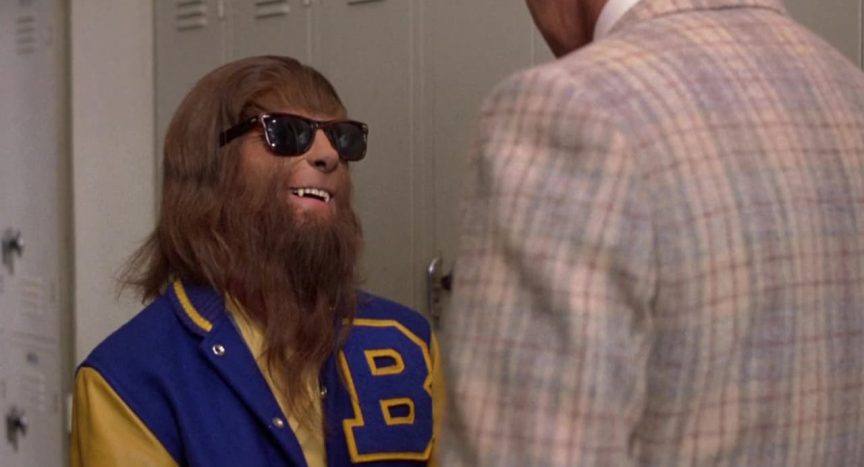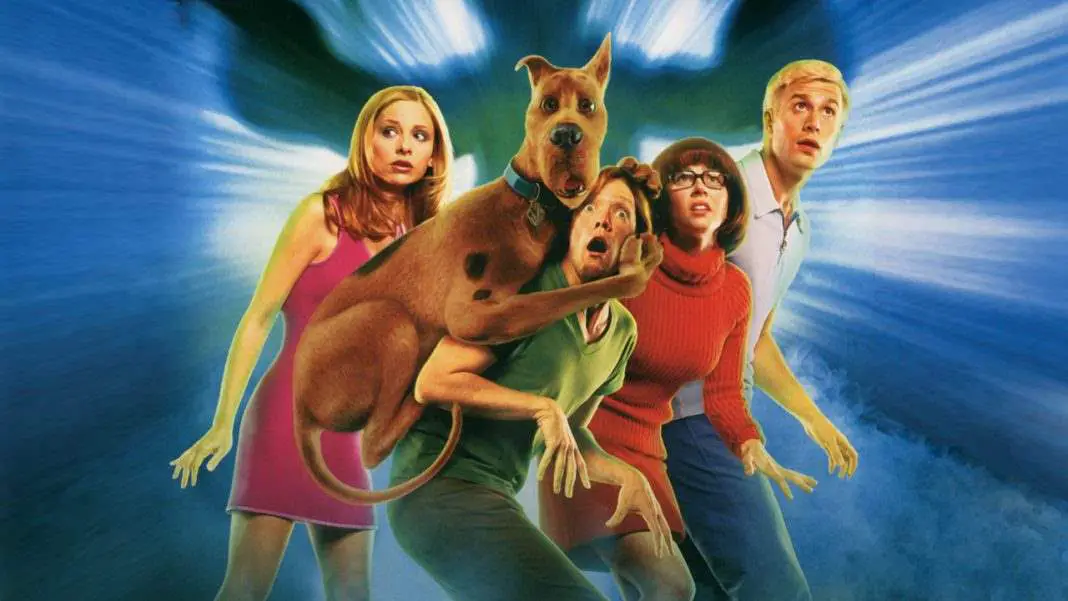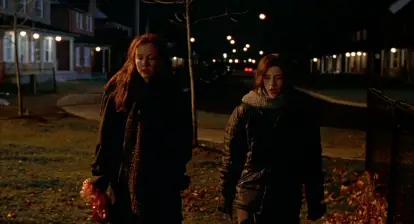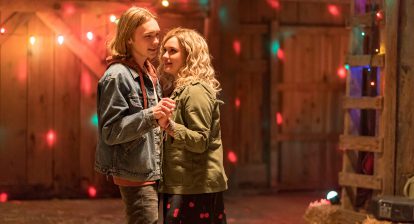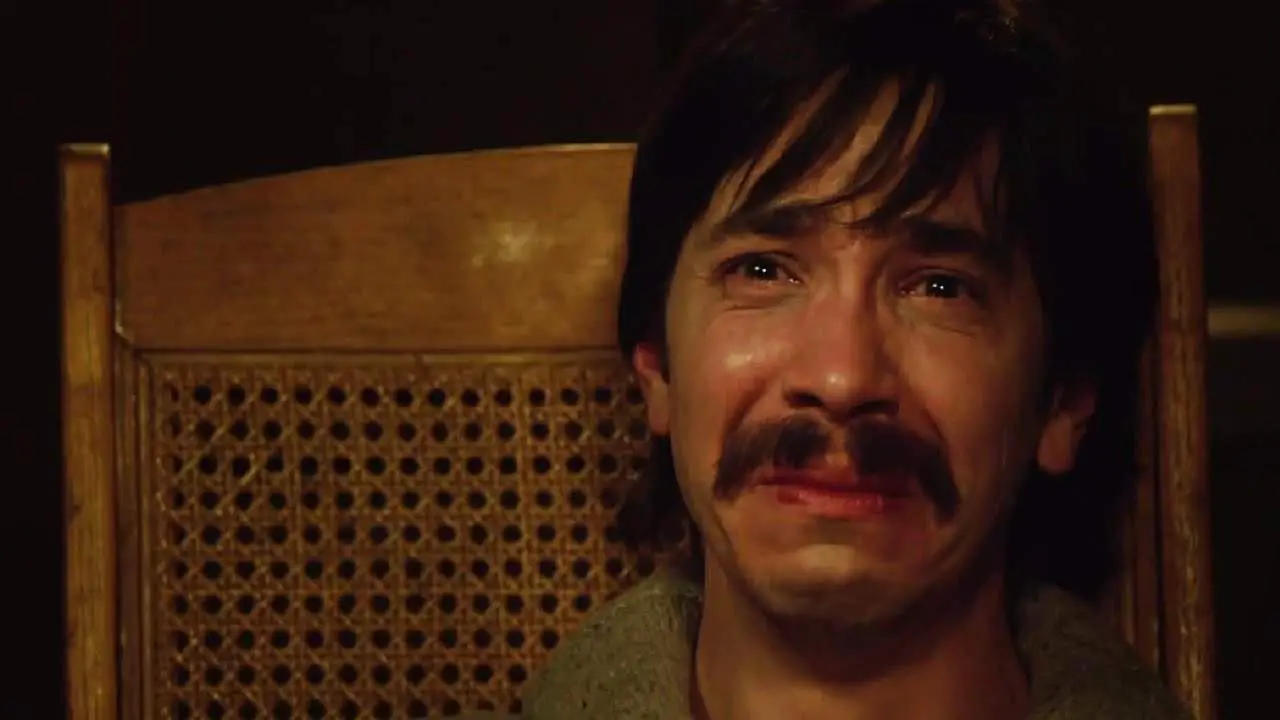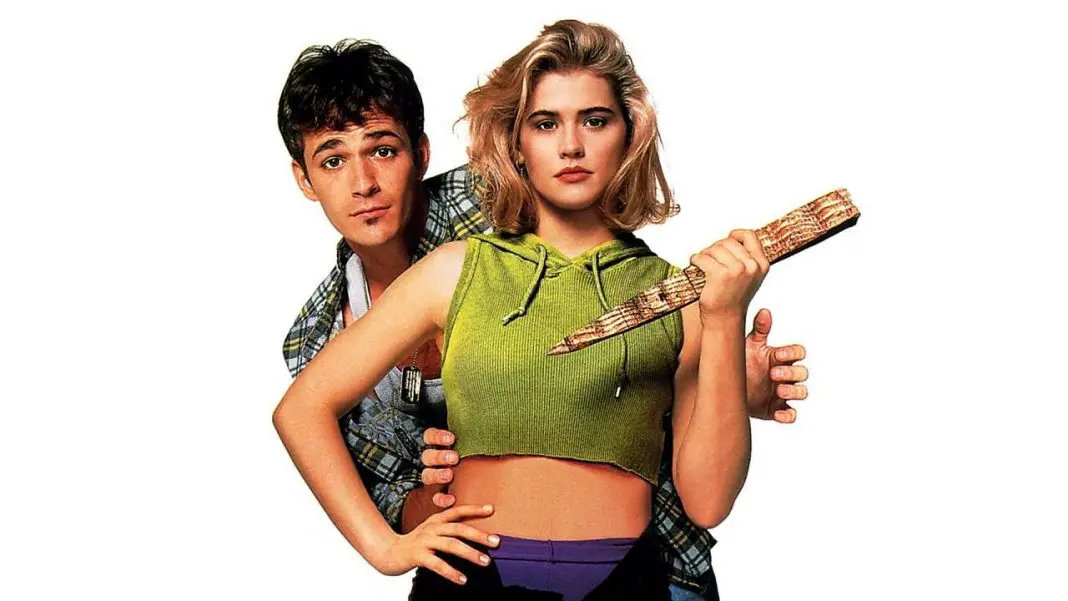Lucky for Teen Wolf, the early 1980s were a grand time for movies about lycanthropes.Though the subgenre forged its roots nearly 70-years prior with the aptly titled The Werewolf (1913), something was definitely in the water–or shall we say moonlight?–to prompt such a prominent return to werewolf myth.
In fact, 1981 alone gave us Full Moon High, The Howling, Wolfen, and of course An American Werewolf in London. Which makes 1985’s Teen Wolf not all that surprising.
Did You Know? Wicked Horror TV Has Classic and Independent Horror Films Available to Stream for Free!
To be fair, Atlantic Entertainment Group just wanted another cheap-to-make, yet hugely successful flick like they had gotten with Valley Girl (1983), so genre didn’t factor too heavily into which script got the green-light.
Nevertheless, they did score again with the Michael J. Fox starrer that probably fared as well as it did on account of Back to the Future (1985) opening just a month prior. But with that success came a complete upheaval of everything film audiences had come to believe about what makes werewolves tick.
Let’s explore this blowup of the wolfman myth, shall we?
No Prior Werewolf Attacks in Teen Wolf
First of all, let the record show that it takes a werewolf bite or scratch to turn a human into one. David Kessler. Karen White. Tony Walker. They all suffered werewolf injuries before making their own transformations into lycanthropes.
Not so with high schooler Scott Howard. Rather, it’s just good ole genetics – much like cilantro tasting like soap – that are responsible for his ability to turn. But as his father Harold notes, “Sometimes it skips a generation,” which is why he never bothered to tell his son that one day he might be sprouting fangs and full-body hair.
No biggie. While a blatant slap in the face to traditional werewolf myth, it works in this case. Scott’s a teen who just has the unfortunate luck of going through a second and much more intense form of puberty–canine puberty.
Scott’s Ability to Turn at Will
Here’s another iffy reimagining of lycanthrope lore. Though Scott transforms into a werewolf against his will several times throughout the film, he learns to (mostly) control when he turns. Coming out to Stiles. The van surfing shenanigans. His high school dance primping. In each case, he dictates the transformation.
Now lycanthrope lore often tells us it’s the full moon that triggers the turn into a werewolf with the hapless human having no control over their bodily changes. But it’s not totally uncommon for some narratives to allow for agency over when and where those transformations take place.
In The Howling, for instance, the individuals of the Colony can shape-shift at will–a trait that does occasionally go hand in hand with werewolf myth. So again, okay. It’s not totally out of bounds to buy into Scott also having the ability to control when he turns…
No Human Kills in Teen Wolf–Or Any Kills at All!
Until it becomes clear that turning into a werewolf does not in any way correlate with an insatiable appetite for murder, blood, and the feasting upon bodies.
The closest we ever get to Scott letting his lycanthropic flag fly is first when he’s making out with Boof and later when he gets into it with Mick at the dance. In both instances, the only deaths are to Boof and Mick’s respective outfits.
Interestingly, Mick also mocks Scott by saying that he caught Mrs. Howard stealing chickens in their backyard and blew her head off with a shotgun, but… really? Are we to believe that both of Scott’s parents were werewolves and that Mick murdered Mrs. Howard when he was just a teenager?
Possibly weird and tragic family history aside, we never witness Scott giving over to any compulsion to kill and devour the flesh of his victims. Even chicken victims.
Scott’s Human Traits Remain Intact
In fact, we never really see anything inherently wolfish about Scott even as he becomes more and more comfortable in his much furrier skin. At best, he goes from average high school basketball player to junior Harlem Globetrotter, but that’s about it.
One prominent aspect of turning into a werewolf–and part of why it’s so terrifying–is that the human under that fur has no control over their actions when the moon is full. It is a battle with the monster within, and a battle that the human will always lose without even realizing it.
For instance, the morning after David Kessler’s gory killing spree across London, he has exactly zero recollection of it. Rather, he feels great. Energetic. Randy even. Though he wakes up naked in a zoo, David gives the reason why little thought with no inclination of the devastation he caused only hours before.
Scott, on the other hand, never loses his sense of himself. Fur or not, fangs or not, Scott is Scott is Scott. He goes to school, plays basketball, and even cavorts with Pamela–his full Scott consciousness intact–despite his lycanthrope trappings.
Society Embraces the Werewolf in Teen Wolf
Perhaps the most egregious outlier of Teen Wolf is Scott’s rapid climb up the social ladder after the werewolf appears. Who cares if he’s not quite human at times. He’s the star of a now-winning basketball team, so obviously he would become the most popular guy in school.
To be fair, this outlier has a few outliers. Boof is clearly not on board the teen wolf train. Lewis, though a man of few words in the film, has a terrible poker face and also is not keen on Scott’s newfound popularity.
But Stiles, Pamela, and pretty much everyone else love the wolf. Hell, Stiles has a very healthy side hustle because of it. Rather than the traditional turning of society on the person who cannot control their own turning, society embraces him.
Which in some ways makes Teen Wolf strangely groundbreaking when it comes to what it takes to restore normalcy to Scott’s life. Because here’s the thing… Werewolves don’t typically get a happy ending. David dies. Karen dies. Tony barely survives because of inflation of all things. All to say, normalcy is typically restored only with the death of the monster.
But Scott has agency over his lycanthropic half–and he ultimately decides to turn his back on it. So, no need for pitchforks or silver bullets or other deadly means. Our protagonist wins the championship as human Scott. He gets the girl as human Scott. He upholds the love and respect of his father, friends, and teammates as human Scott.
Scott’s Just Like the Rest of Us
When it comes down to it, Teen Wolf does an impressive job of flouting nearly every conventional piece of lycanthrope lore. Yet the film’s popularity endures. Who knows, maybe it’s precisely because of its wholly dismissive take on what it means to be a werewolf that people still love it. As Scott says, “Hey, I’m no different than anyone else.”
